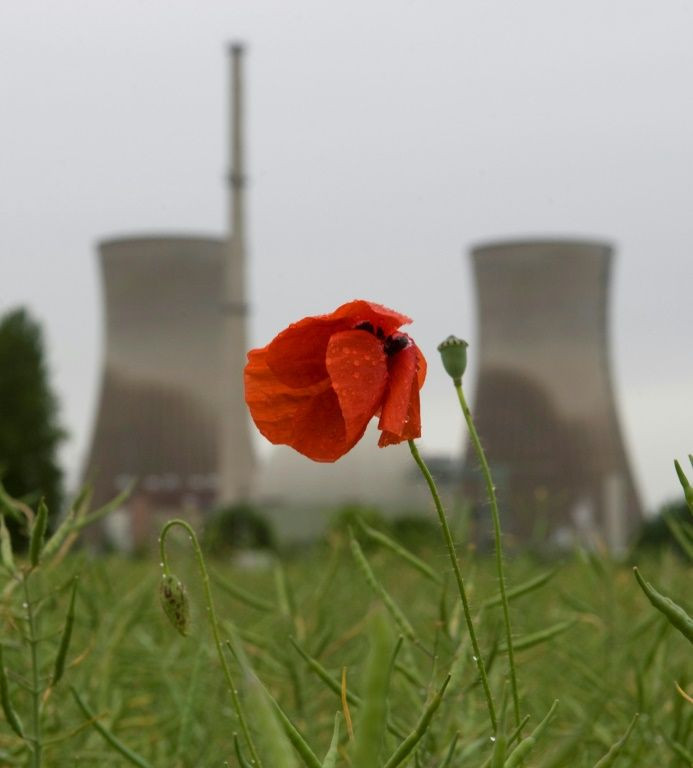Nuclear Energy News: Germany Shuts Down Atomic Plant As Part Of Final Phase Of Nuclear Withdrawal

KEY POINTS
- Germany shut down its Philippsburg 2 nuclear power station on Tuesday
- Germany will completely phase out nuclear power by the end of 2022
- The phase out plan is expensive and also carries other complications for German energy policy
Germany shut down its Philippsburg 2 nuclear power station Tuesday, as the country continues to phase out of nuclear power entirely. The Philippsburg plant provides 6% of the electricity in the wealthy southern German state of Baden-Wurttemburg.
In 2011, the government of German Chancellor Angela Merkel decided to implement a plan that would decommission all 17 of the country’s nuclear power plants through 2022. After the closing of the Philippsburg plant, Germany will need to shut down six other atomic power stations.
Germany’s decision to phase out of nuclear energy came after the Fukushima nuclear power plant disaster in Japan in March 2011. The event caused the evacuation of 154,000 people and made Germans increasingly anxious about nuclear energy, prompting the German government to take action on the issue.
Yet, the nuclear phase-out does pose some major challenges. Experts are searching for places where they can store almost 2,000 containers of lethal nuclear waste, which will need to stay in one area for the next million years. The German Environment Ministry has also said that the phase-out is expensive, likely costing more than 65 billion euros (nearly $73 billion).
The phase-out also makes it more difficult to wean Germany off of fossil fuels such as coal.
Although Germany is phasing out nuclear energy entirely, neighboring France relies on nuclear power for approximately 75% of its electricity needs. France has 58 nuclear reactors in total.
© Copyright IBTimes 2024. All rights reserved.





















